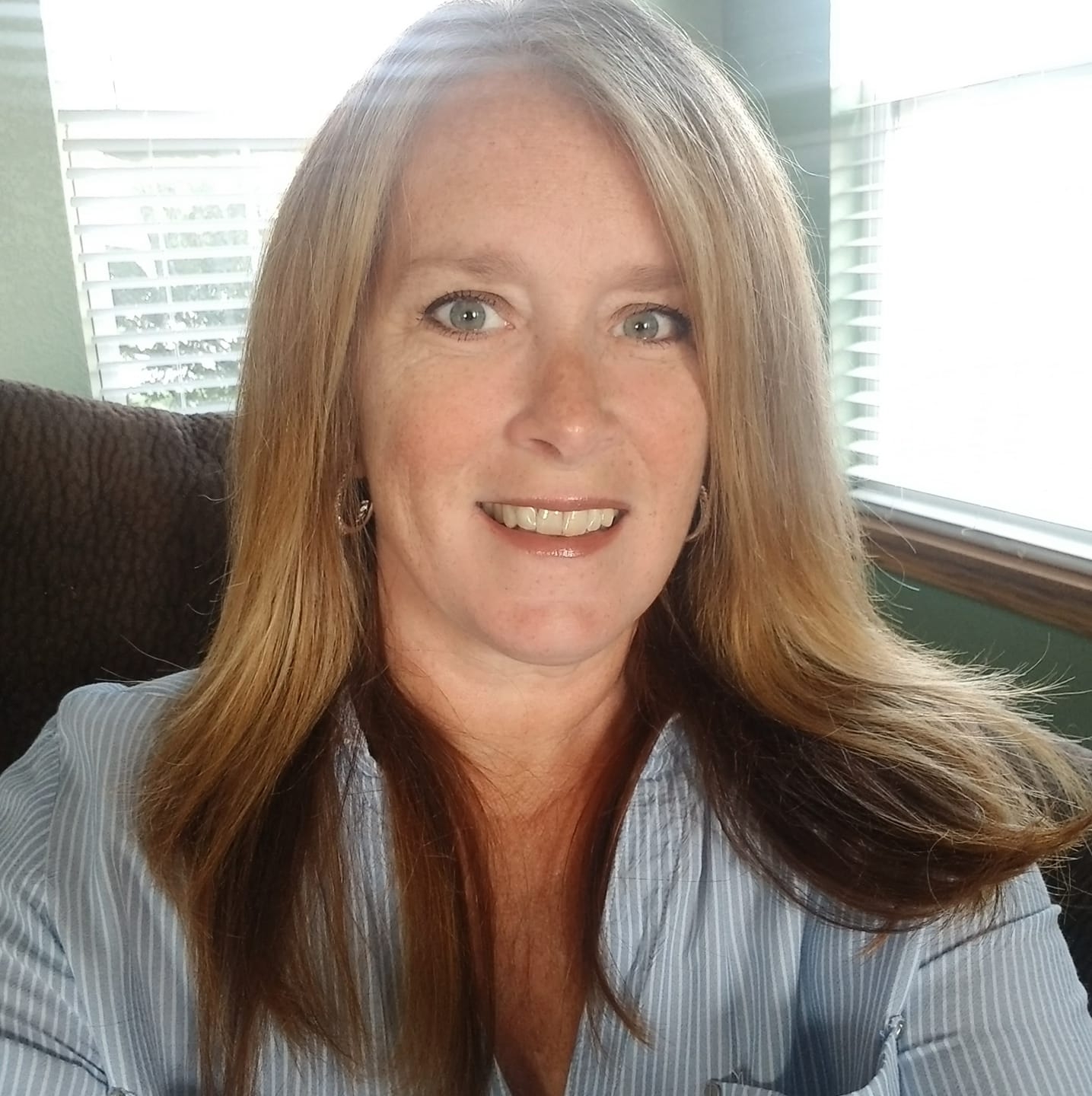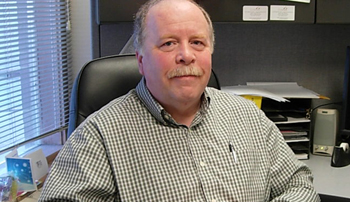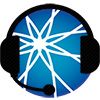
FABRIC NOT FRINGE WEBINAR SERIES PART 1: FAMILY MEMBERS AS MENTORS AND SUPPORTS IN CLINICAL SETTINGS
| Download |
|
|
Monday, May 10, 2021
12:30 pm ET - 1:30 pm ET
Location: Zoom
Webinar Description:
This is the first of a four-part webinar series that breaks down the eight different types of family involvement detailed in the LEND Family Discipline Network (LFDN)'s 2019 white paper titled "Fabric not Fringe: Weaving Family Involvement throughout Training and Practice for Professionals and Advocates Working with Individuals with Disabilities and Special Health Care Needs." In this webinar, two family professionals will discuss the definition, needs, benefits, resources, and strategies associated with two types of family involvement: mentors and clinical supports.
This is a webinar sponsored by AUCD's LEND Family Discipline Network (LFDN)
Learning Objectives:
- Describe the history of family involvement as a training practice and its importance in providing interdisciplinary care.
- Define the needs and benefits of two types of family involvement: mentorship and clinical support.
- Identify strategies for implementation and ways to evaluate two types of family involvement: mentorship and clinical support.
Presenters:

Stephanie Coleman
Stephanie is LEND Family Faculty and the Autism and Family Educator at the Center for Child Health and Development at the University of Kansas Medical Center. She supports families after an autism diagnosis and works with community partners to understand and develop ways to support the Kansas disability community. Stephanie developed two training programs in Kansas: the LEND Family Education Series and the LEND Childcare Provider training, which focuses on autism and related developmental disabilities. She has a son, Matthew, who is a junior at the University of the Ozarks. Matthew is on the spectrum and Stephanie advocates for him to have the good life he envisions. Prior to her current position, Stephanie was a LEND trainee and corporate recruiter. She holds a bachelor's in business administration from Middle Tennessee State University.

Mark A. Smith, MS
Mark A. Smith is a parent of and sibling to family members with Intellectual/Developmental disabilities. He received his Bachelor of Science in Psychology from the University of Nebraska-Omaha in 1989 and his Master of Science degree in School Psychology from the University of Nebraska in 1995. He currently serves as an Assistant Professor in the Nebraska University Center on Disabilities at the Munroe-Meyer Institute (MMI) UCEDD and LEND programs. Over the past 45 years of working in disability services, Mark has been involved in directing and evaluating several projects designed to improve community resources and services for individuals with disabilities and their families, including relocating individuals from institutional to community care, supervising direct care staff, advocating for individuals with disabilities and their families, promoting systems improvements in disability services and supports, written and presented on disabilities in scholarly journals and Conferences, and has served in several national leadership roles. Mark and his family live in Omaha, Nebraska and they enjoy cycling, going for long walks with their dogs, and playing music.
Please Note:
- There is no cost for this webinar.
- CEUs are not offered for this webinar.
- For disability accommodations, email [email protected].
- This webinar is archived.


